Ever wonder which beans professional baristas actually brew at home?
Beyond the price tags and flashy branding, these picks are all about pure flavor and aroma.
In this article, we’ll dive into barista-approved coffee beans, curated by pros who serve hundreds of cups a day.
Let their expertise guide you toward discovering your own personal best brew.
- Key factors baristas look for when choosing beans
- Top recommended beans for both single origin and blends
- How to enjoy each bean with the right brewing method
- Tips for buying beans online or in-store without regret
What Criteria Do Baristas Use to Choose Beans?
As coffee professionals, baristas don’t choose beans based on mere preferences or price.
Their decisions are rooted in how the coffee performs when brewed—the aroma as it rises, the lingering aftertaste, and even the experience it creates for the drinker.
They judge beans not in isolation, but based on the full experience of a single cup.
Understanding their perspective will fundamentally change how you choose your own beans.
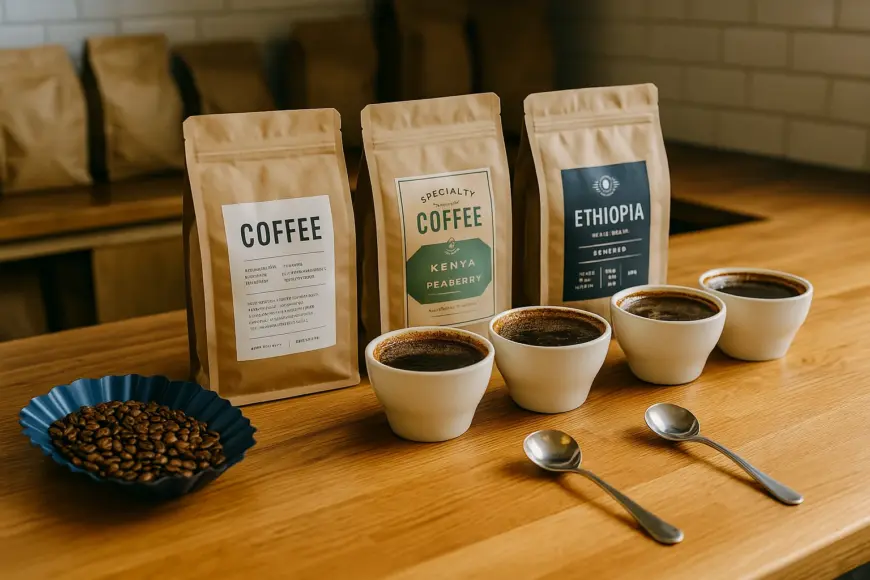
What Defines “Good Beans” to a Flavor Expert?
Baristas evaluate beans using a wide range of factors.
Visual uniformity, even roasting, complex aromas, clean cup quality (lack of off-flavors), and the balance of acidity and sweetness all matter.
In recent years, “aromatic complexity” and “length of finish” have become especially valued.
Additionally, the transparency of bean information—such as origin, farm, variety, and processing method—is also a sign of quality.
Professionals rely on this openness as part of their evaluation.
- Uniform appearance and glossy surface
- Even roast with layered and complex aromas
- Clean on the palate with a smooth and lingering finish
- Clear information on origin, variety, and processing
Sight, smell, and that first sip—together, these become a story the bean tells to the trained senses of a barista.
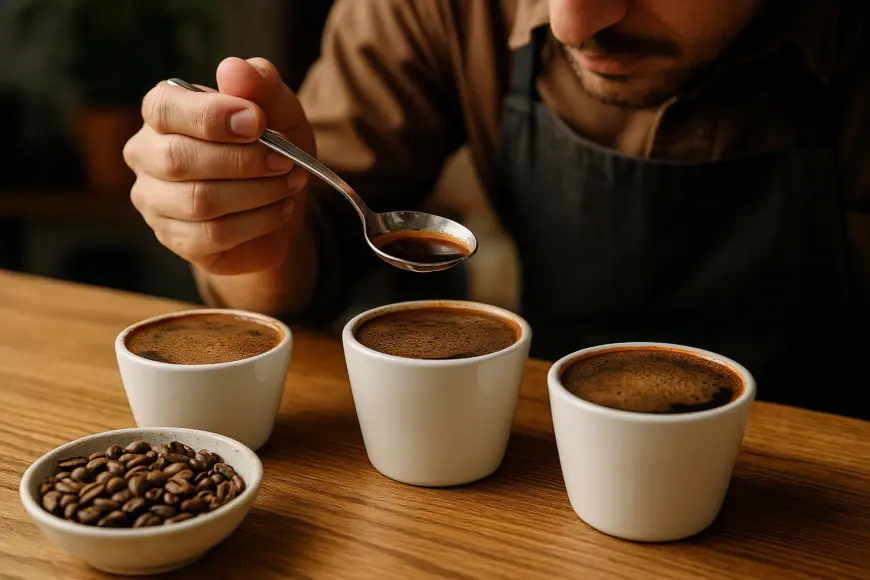
Choosing Beans Based on the Scene
Baristas don’t always apply the same criteria when selecting beans.
Their choices shift depending on the context in which the coffee will be served.
The ideal bean for a morning brew might be completely different from what’s used after dessert in the evening.
Here’s how beans are often selected by occasion:
- Morning: bright acidity and light body to lift the mood
- Post-dessert: deeper roasts with sweetness and lingering aftertaste
- Iced coffee: dark roasts with strong bitterness and richness
- For lattes: beans with nutty or chocolate notes that pair well with milk
Baristas always ask themselves: “Who will drink this, when, and how?”
In that sense, choosing a bean is like crafting a story through a cup of coffee.
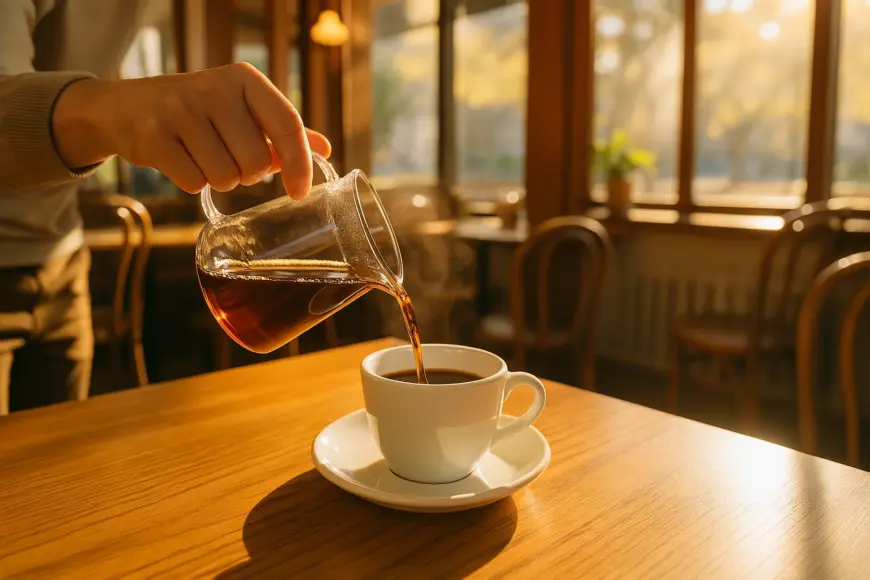
Recommended Coffee Beans by Type
The beans you choose often come down to personal preference, but generally speaking, “single origin” and “blends” each offer distinct charms.
Baristas often switch between them depending on the mood, setting, or brewing method.
Here, we highlight three top picks from each category—favorites trusted by professionals.
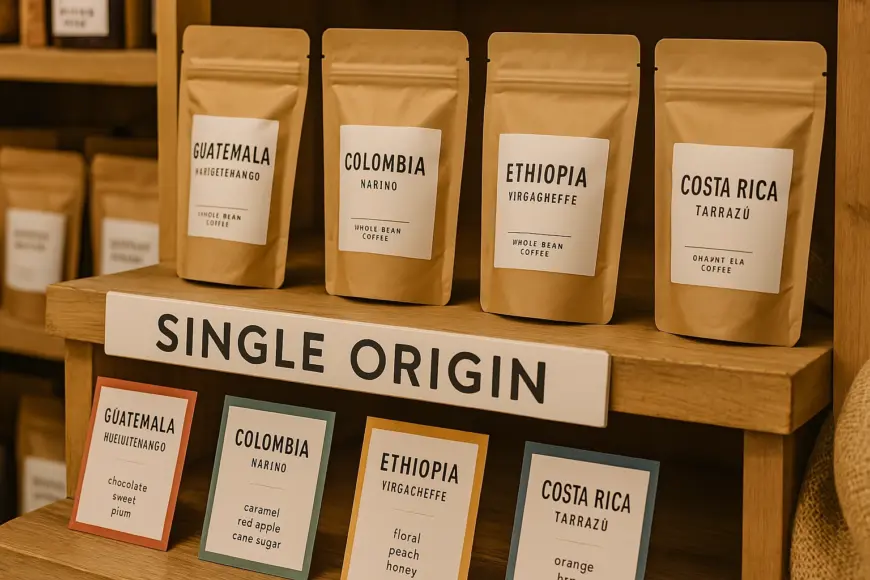
Top Picks for Single Origin Lovers
Single origin beans come from a specific region or farm, and their unique terroir shines through in every cup.
What baristas value most are a clean profile, aromatic depth, and a balanced play between acidity and sweetness.
- Ethiopia Yirgacheffe:Bright jasmine aroma with a tea-like lightness
- Guatemala Huehuetenango:Sweet like tropical fruit with a refined acidity
- Colombia Nariño:Caramel body and nutty roast notes with great balance
These beans are ideal for hand-drip brewing, where each pour brings out subtle nuances.
They never get boring—each cup reveals a different side of the bean.
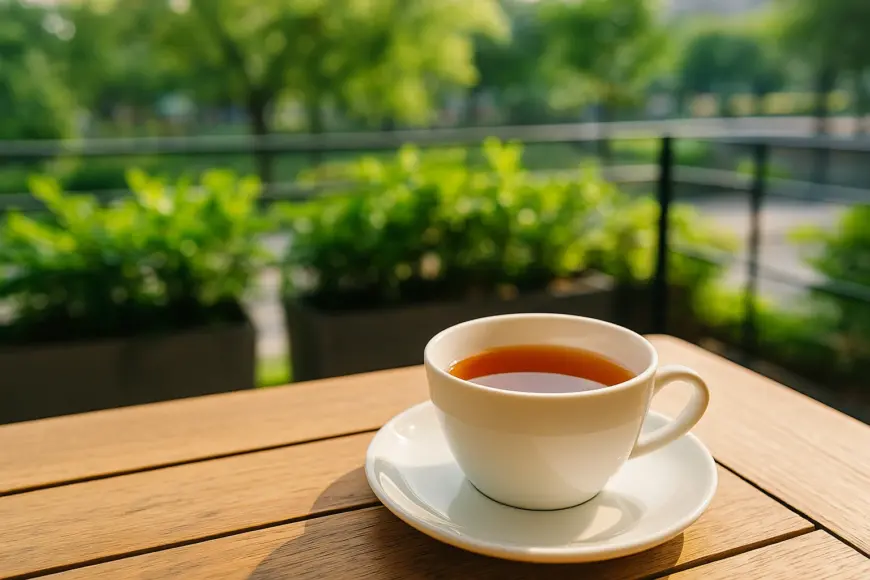
Balanced Blends for Everyday Enjoyment
Blends combine several origins to create a harmonious flavor.
They’re popular for everyday use due to their reliability and versatility—great with or without milk.
Baristas pay attention to how well the blend is composed, especially in how it balances body, acidity, and aroma.
- House Blend (Medium-Dark Roast):Nutty, with a hint of chocolate—wonderfully balanced
- Mocha Blend:Fruity acidity from mocha paired with deep roast for added depth
- Latte Blend:Brazil-focused, holds its flavor even when mixed with milk, enhancing sweetness
These blends shine in espresso and café latte preparations, letting you recreate café-quality cups at home.
They offer both aromatic complexity and smooth drinkability—a true all-rounder.
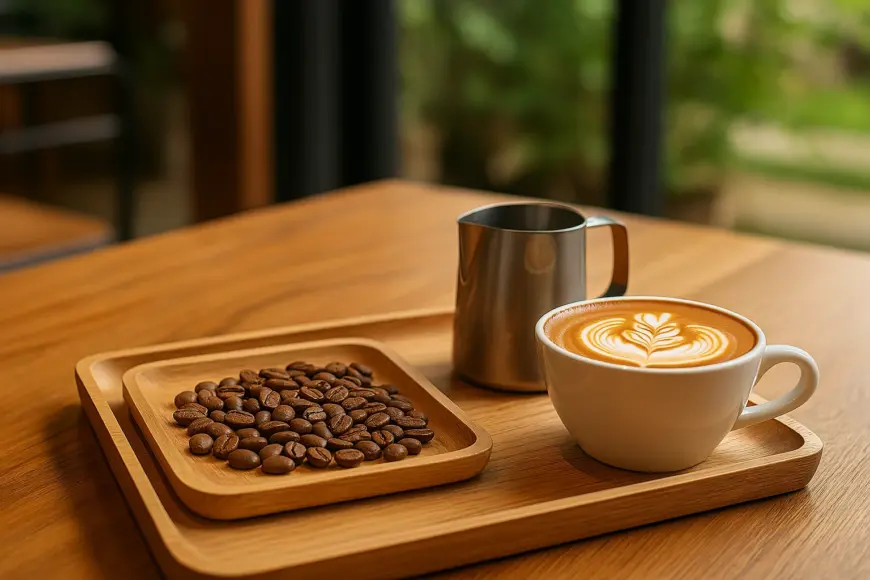
How Baristas Enjoy Their Favorite Beans
Once you’ve got your hands on a top-notch bean, the next step is knowing how to brew it for the best possible flavor.
Professional baristas tailor their extraction methods to match the characteristics of each bean, creating a perfect balance of aroma and taste.
Here, we explore ideal brewing methods by bean type and how to recreate a “barista-quality cup” at home.
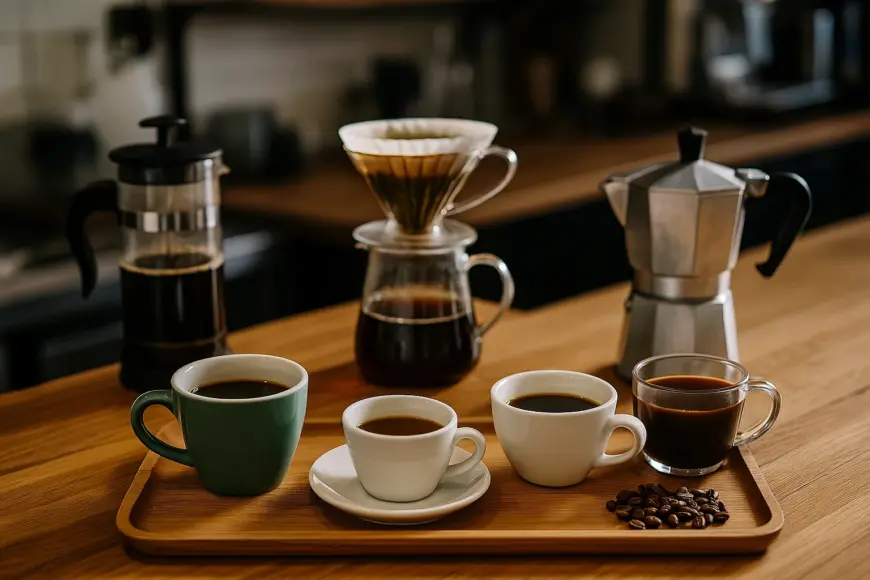
Recommended Brewing Methods by Bean Type
Choosing the right brewing method is essential for drawing out the unique flavor profile of each coffee bean.
Below is a summary of popular bean types and their ideal preparation methods.
- Fruity Ethiopian beans: Hand drip (V60) enhances delicate aromas and bright acidity
- Nutty Brazilian beans: French press emphasizes rich body and rounded sweetness
- Bold blended beans: Espresso brings out their multi-layered complexity
- Blends for lattes: AeroPress or Moka pot delivers depth and complements milk well
To enhance each bean’s natural characteristics, it’s also important to adjust water temperature, grind size, and brewing time.
Think of brewing not as a recipe, but as a dialogue with the bean.
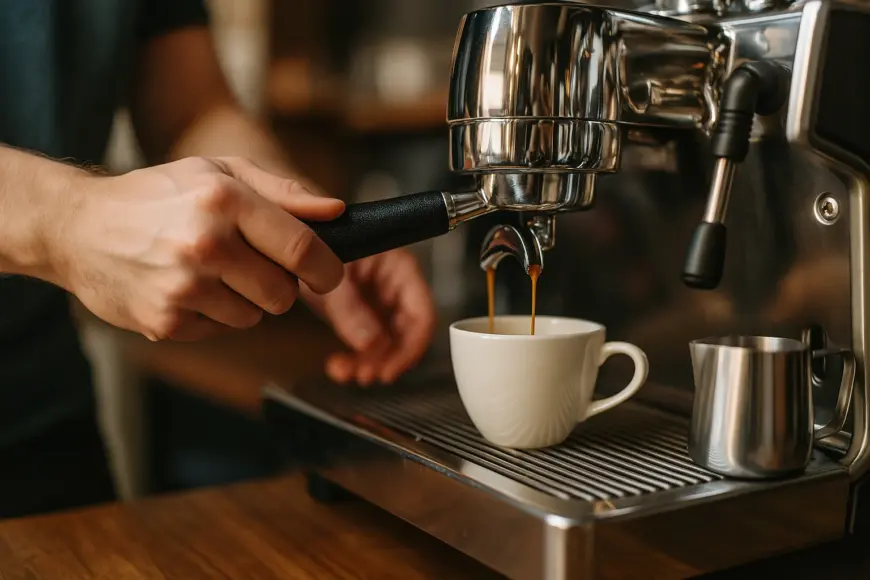
Pro-Level Techniques You Can Use at Home
Reproducing barista-quality flavor at home takes a bit of finesse and attention to detail.
The following key points can help elevate the taste and consistency of your coffee.
- Perform a light cupping beforehand to understand the bean’s profile
- Ideal water temperature: 90–92°C. Use a thermometer if available
- When pouring for drip: go in slow circles from the center outward
- Use soft water with low mineral content for optimal extraction
- Use a scale to measure bean-to-water ratios precisely
It’s also helpful to keep tasting notes after each brew.
These small efforts build up over time and bring your home café experience closer to professional standards.
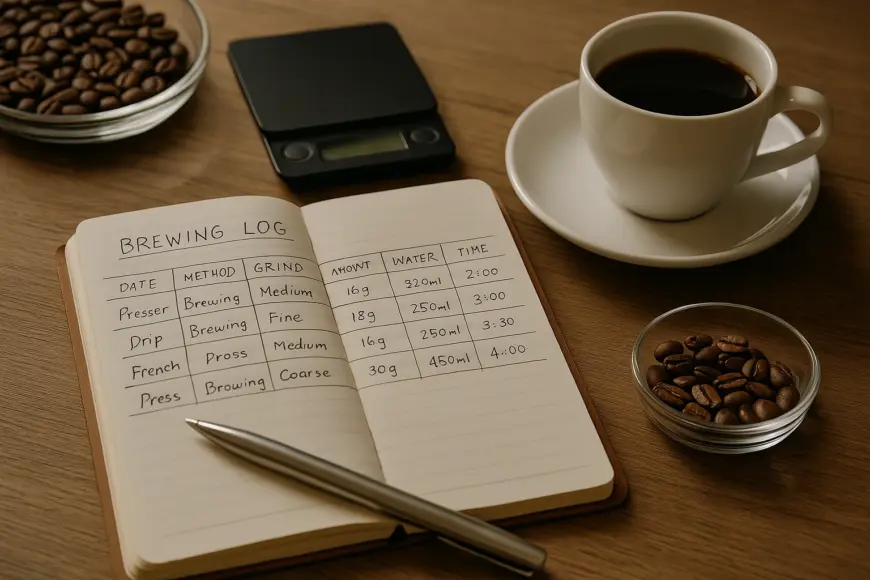
Where to Buy Your Beans: Recommended Shops and Selection Tips
The quality of coffee beans is greatly influenced by where and how you purchase them.
Professional baristas never skip the process of sourcing beans from trusted suppliers and checking them firsthand.
Whether your coffee becomes just an ordinary drink or a truly moving experience depends heavily on the very first step—the purchase.
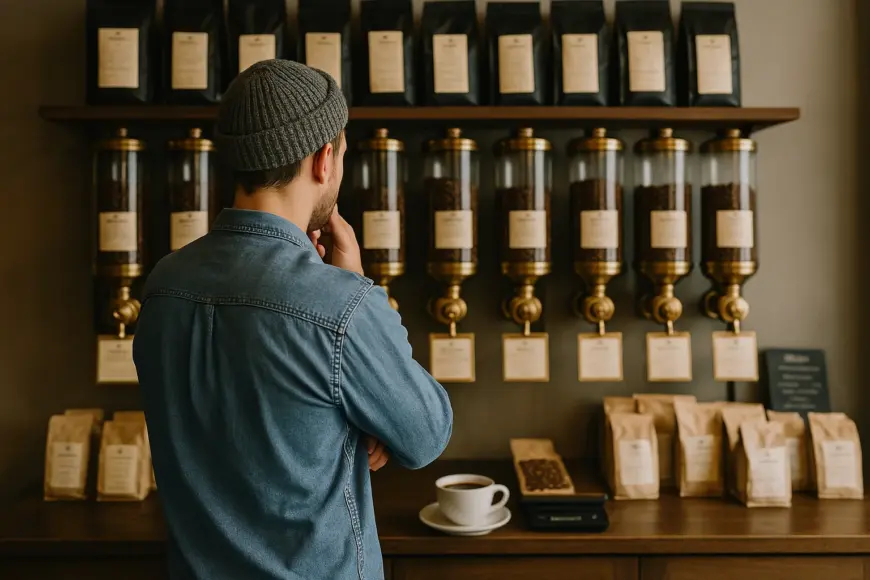
Tips to Avoid Failing When Buying Coffee Online
These days, high-quality beans are easy to get through online stores.
However, details like flavor or freshness are hard to judge from photos and product descriptions alone, so care is essential.
- Always check if the roasting date is clearly listed
- See if detailed information about the origin or blend is available
- Look for tasting notes and flavor descriptions that are specific
- Pay attention to reviews focused on freshness and flavor accuracy
- Make sure a sample-size pack is available for testing
Beyond the beans themselves, factors like careful packaging and fast shipping matter too.
Beans are like perishable food—this makes the delivery environment all the more crucial.

Questions to Ask and Tasting Techniques at Physical Stores
In contrast, visiting a physical store lets you see and smell the beans while talking with staff to find what suits you.
Best of all, you can often taste the coffee before buying.
Here are some example questions recommended by baristas:
- “When was this coffee roasted?”
- “What brewing method do you recommend for this bean?”
- “How is the balance of acidity and bitterness in this coffee?”
- “What kind of situation or time is this flavor best suited for?”
If you get the chance to taste it, here’s what to pay attention to:
- How the aroma changes from the initial smell to when it cools
- How long sweetness or acidity lingers on your tongue
- The aftertaste and the changing sensations in your mouth
Being able to rely on your own palate while choosing is the true charm of physical stores.
Choosing beans is all about dialogue and sensory exploration, and that rich experience will elevate your home cup to the next level.
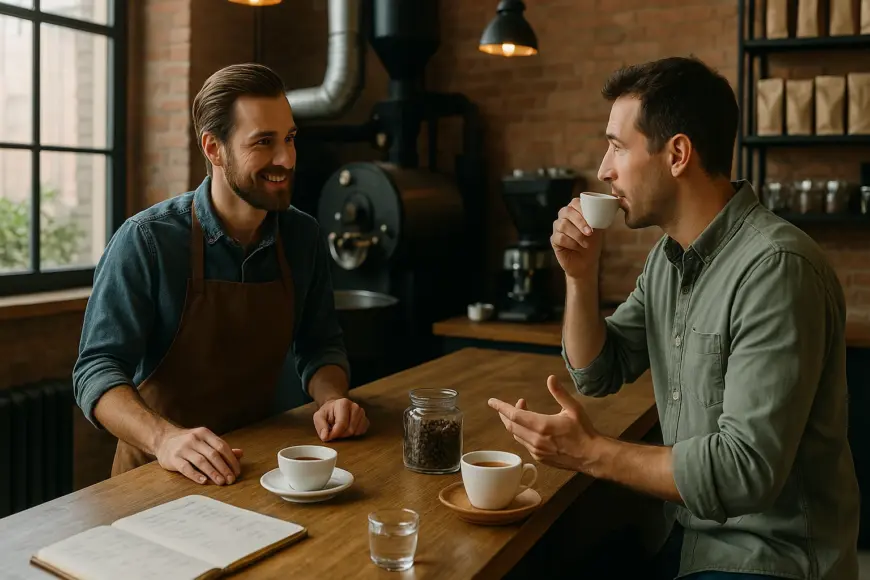
Summary: The Depth of Coffee Beans Through a Barista’s Eyes
Choosing coffee beans isn’t just about finding a taste you like.
The beans selected by professional baristas carry with them the story of their origin, varietal, roasting philosophy, and brewing method.
A single cup can transform into a rich experience, all depending on the beans you choose.
- Baristas select beans with a higher level of precision and purpose
- Learn the unique appeal of both single origin and blend coffees
- Matching beans with the right brewing method expands flavor possibilities
- Where you purchase your beans can greatly impact your satisfaction
What coffee bean gave birth to your favorite cup?
Share your recommendations and experiences in the comments below!




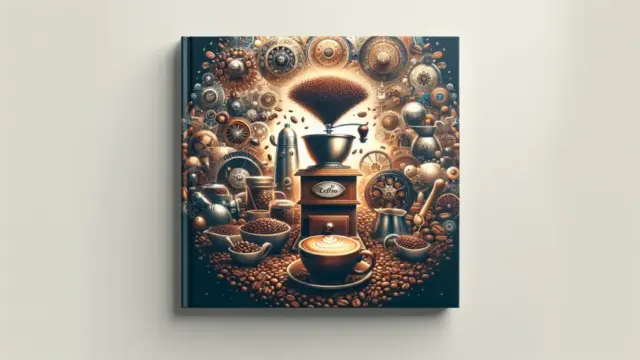
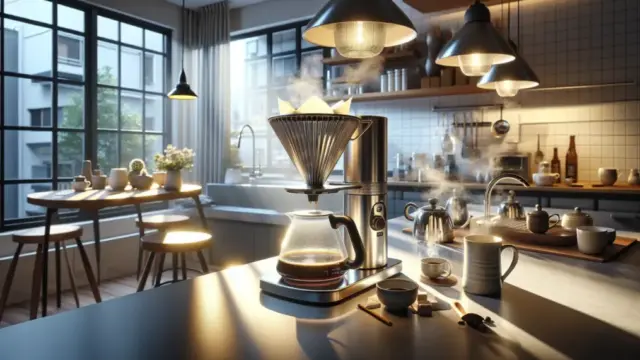



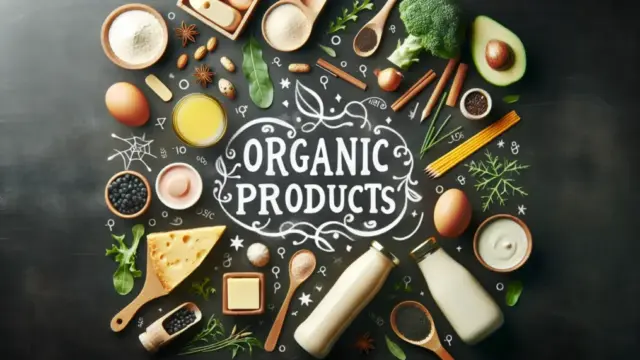








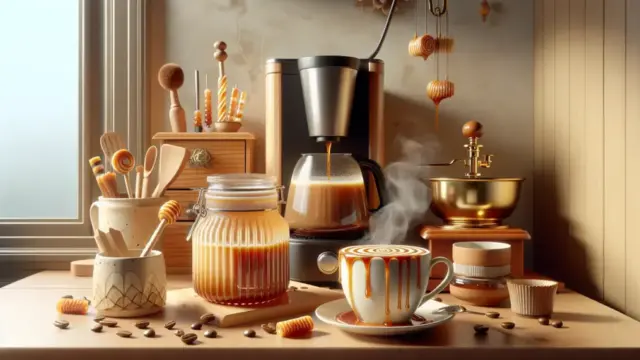


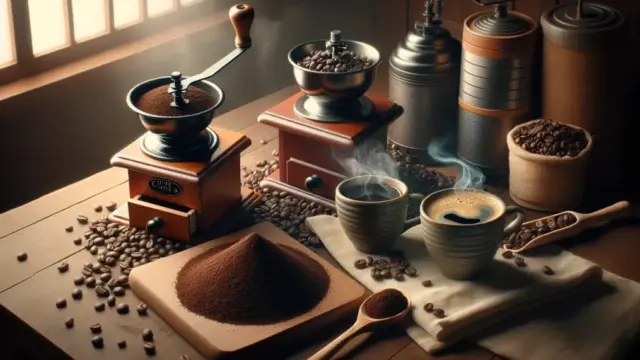

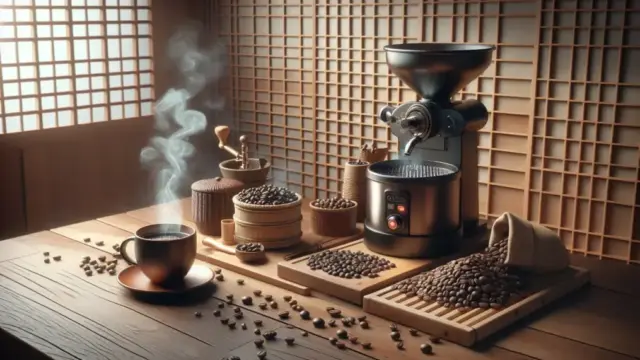

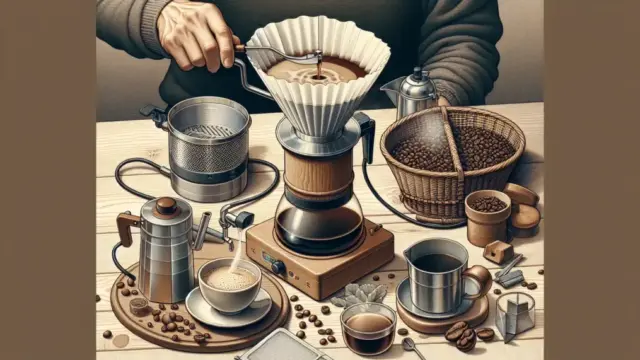

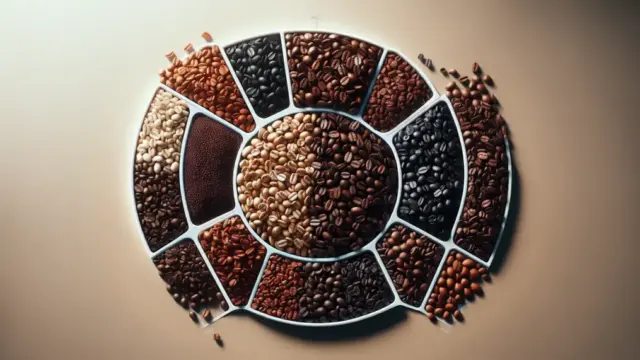

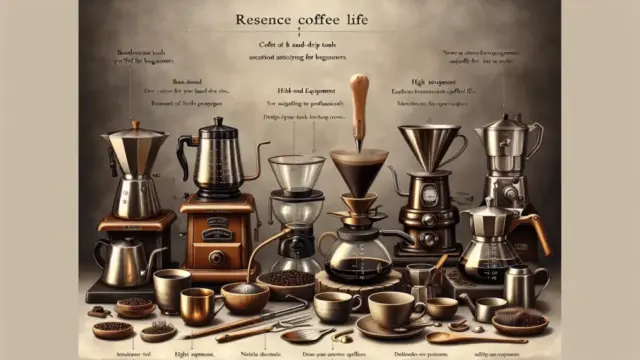




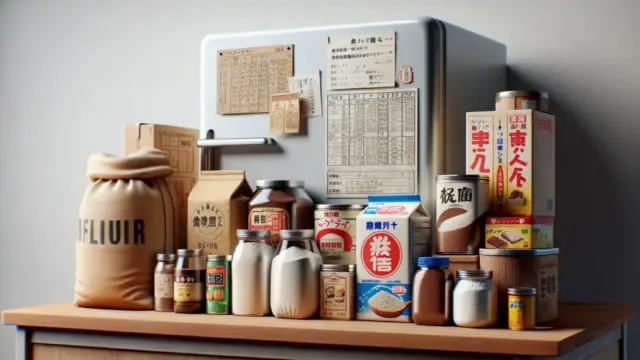



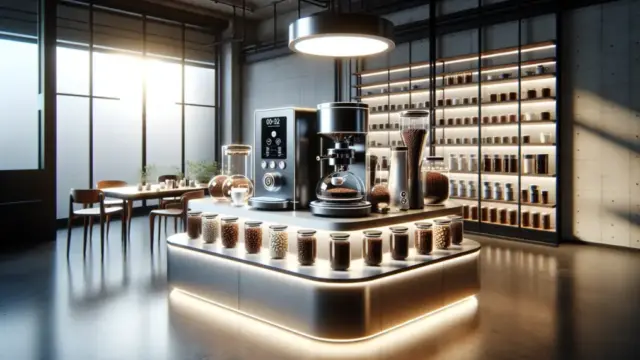

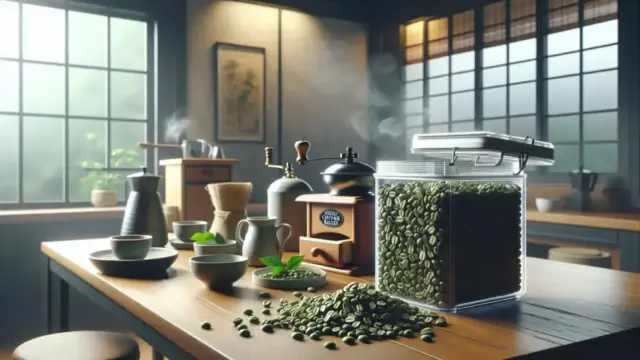



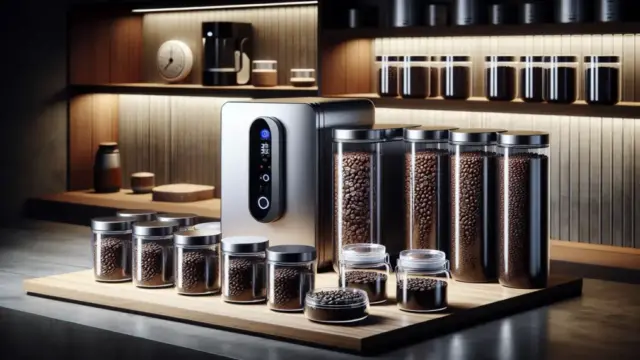



Comment